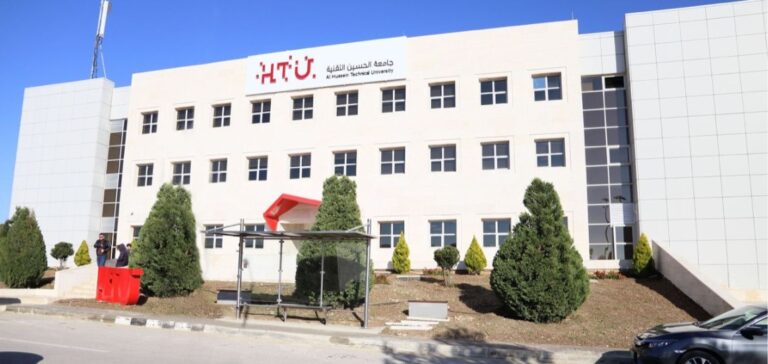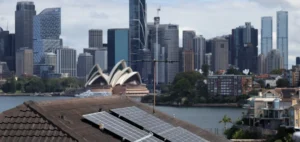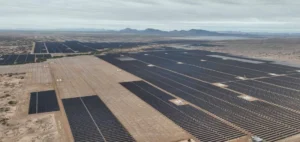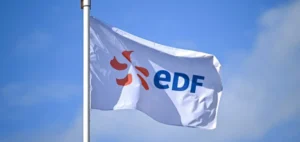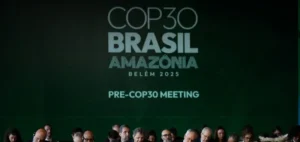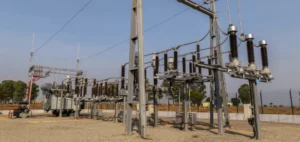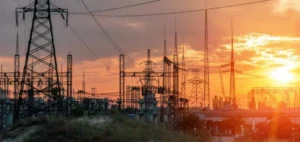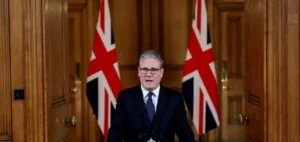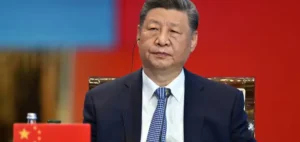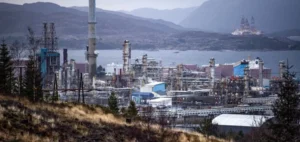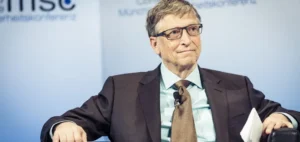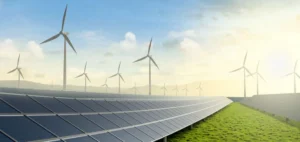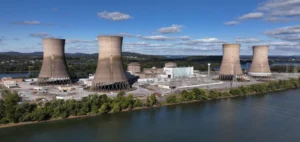EBRD (European Bank for Reconstruction and Development) and Al HTU (Hussein Technical University) have joined forces with NEPCO (National Electric Power Company) to create an apprenticeship program for young professionals aspiring to a career in Jordan’s energy sector. This SECO-funded program offers practical on-the-job training to students of HTU’s electrical engineering and power engineering degrees. The program, which has already seen its first cohort of 32 students complete the eight months of training, consists of three months of technical instruction followed by five months of field rotations at NEPCO sites. This initiative aims to facilitate the transition of young people from the world of education to that of employment, while promoting economic inclusion, particularly for women and young people.
A partnership for the future
This program is part ofEBRD ‘s country strategy for Jordan 2020-2025, which focuses on economic inclusion through improved vocational training. In 2022, EBRD signed a memorandum of understanding with HTU to promote access to skills in the STEM (Science, Technology, Engineering, and Mathematics) sectors. At the program’s closing event, personalities such as Gretchen Biery, Head of EBRD’s Eastern Mediterranean Region, Emilija Georgieva, Swiss Ambassador to Jordan, Amjad Rawashdeh, Managing Director of NEPCO, and Dr Ismael Al Hinti, President of HTU, underlined the importance of this initiative for the economic and social development of the region. Jordan.
NEPCO and the energy transition
Since 2012, the EBRD has invested over €2 billion in 71 projects in Jordan, 71% of them in the private sector. These investments include financial support for Jordan’s banking sector through loans to micro, small and medium-sized enterprises, subordinated debt and trade finance facilities. This learning program is a concrete example of how strategic partnerships can strengthen local skills and promote sustainable development.


